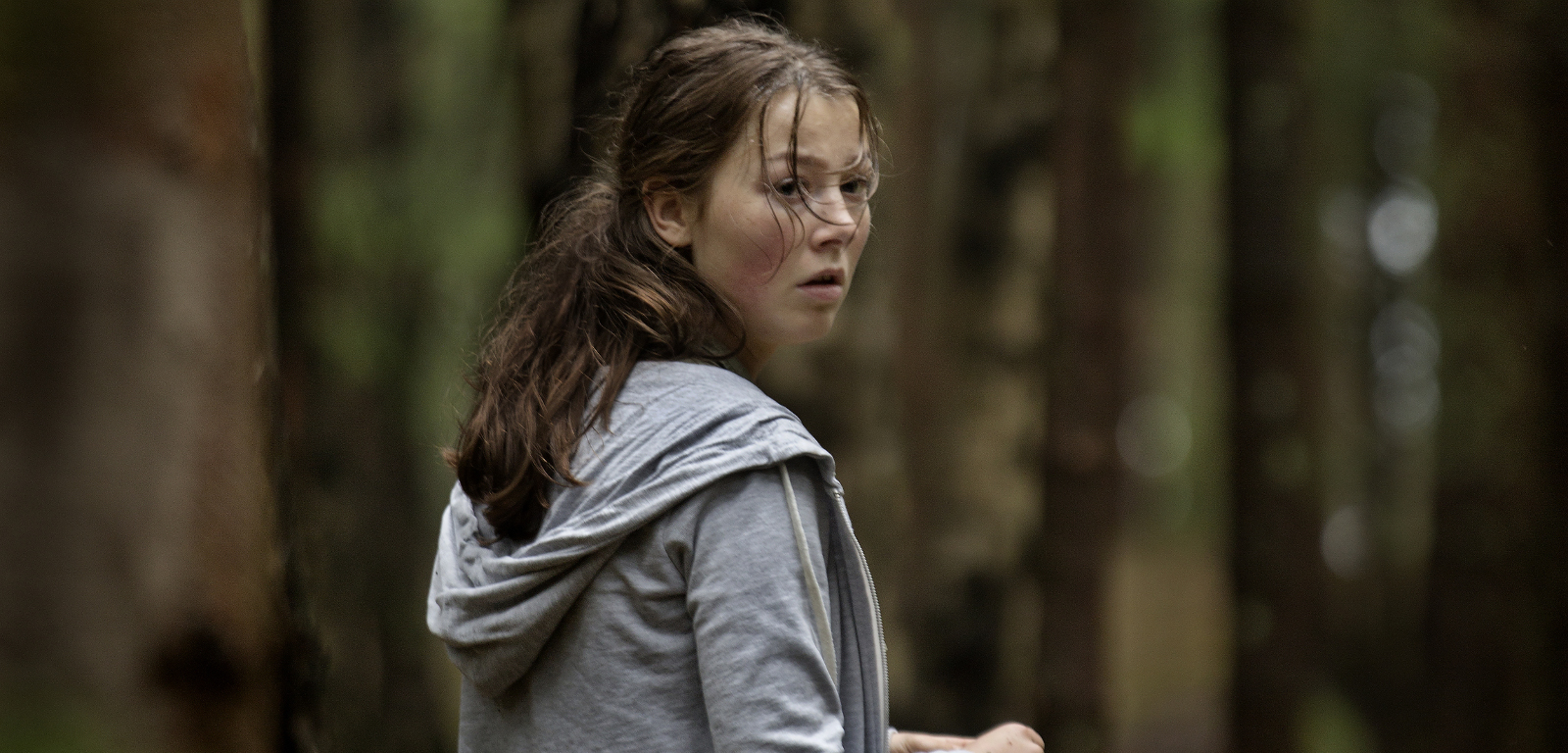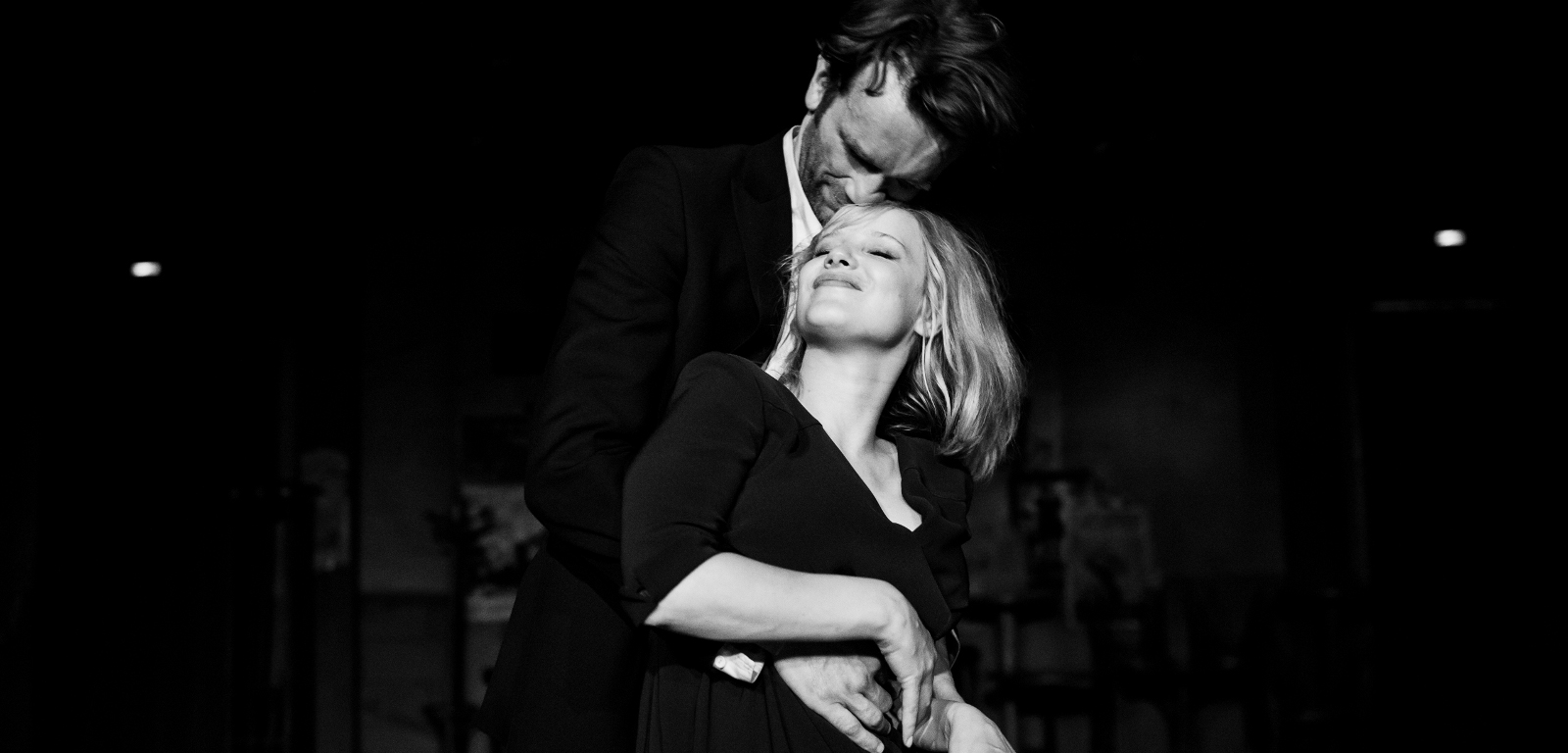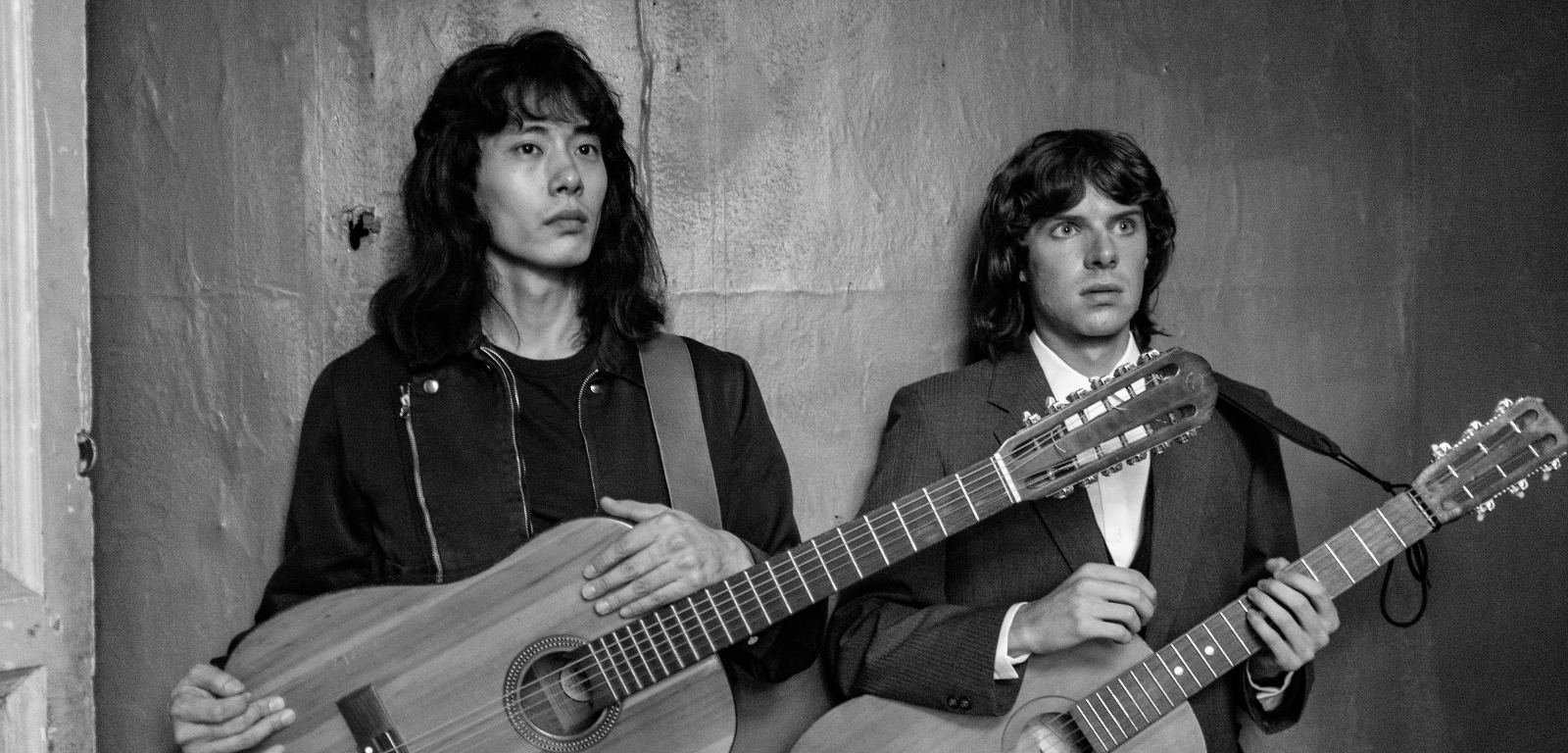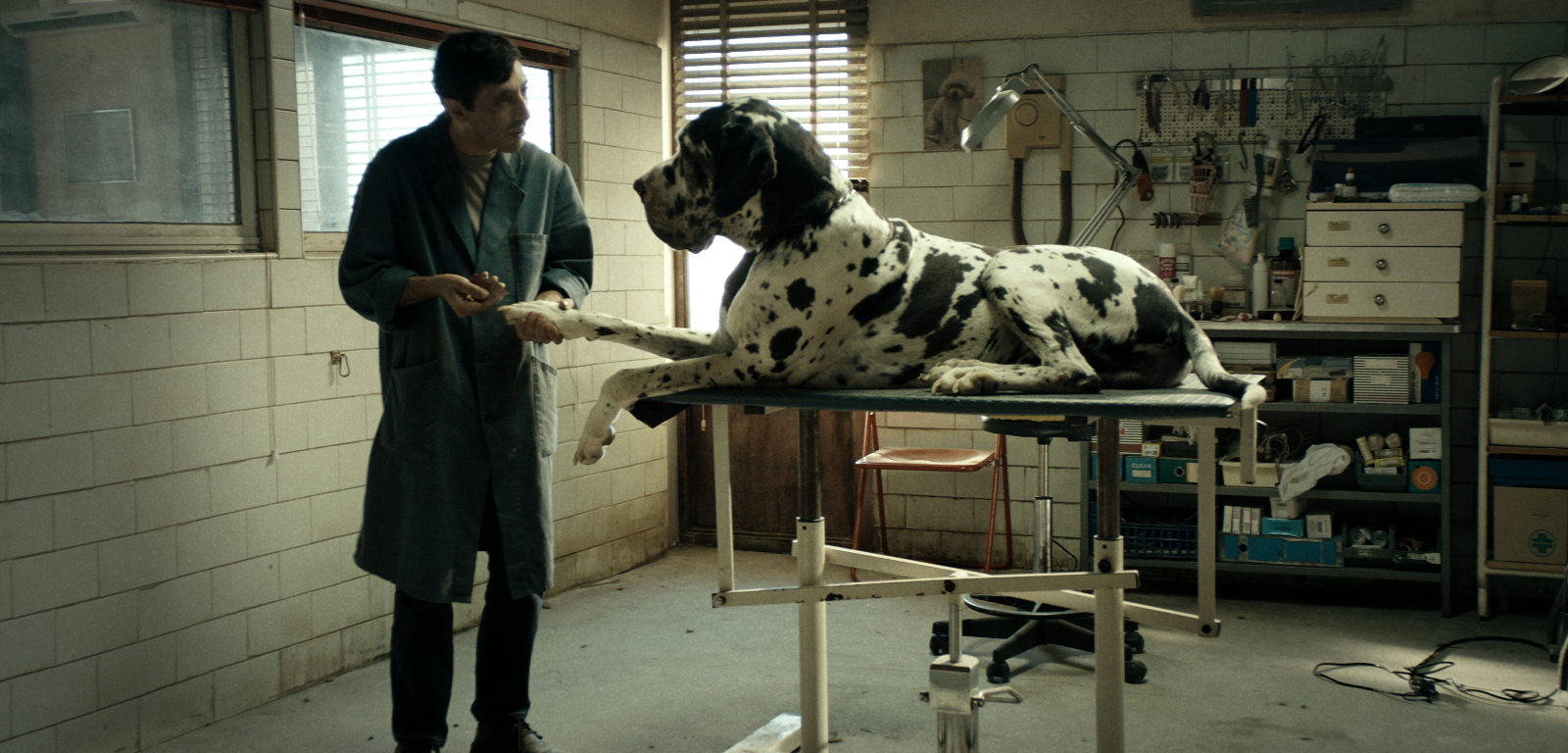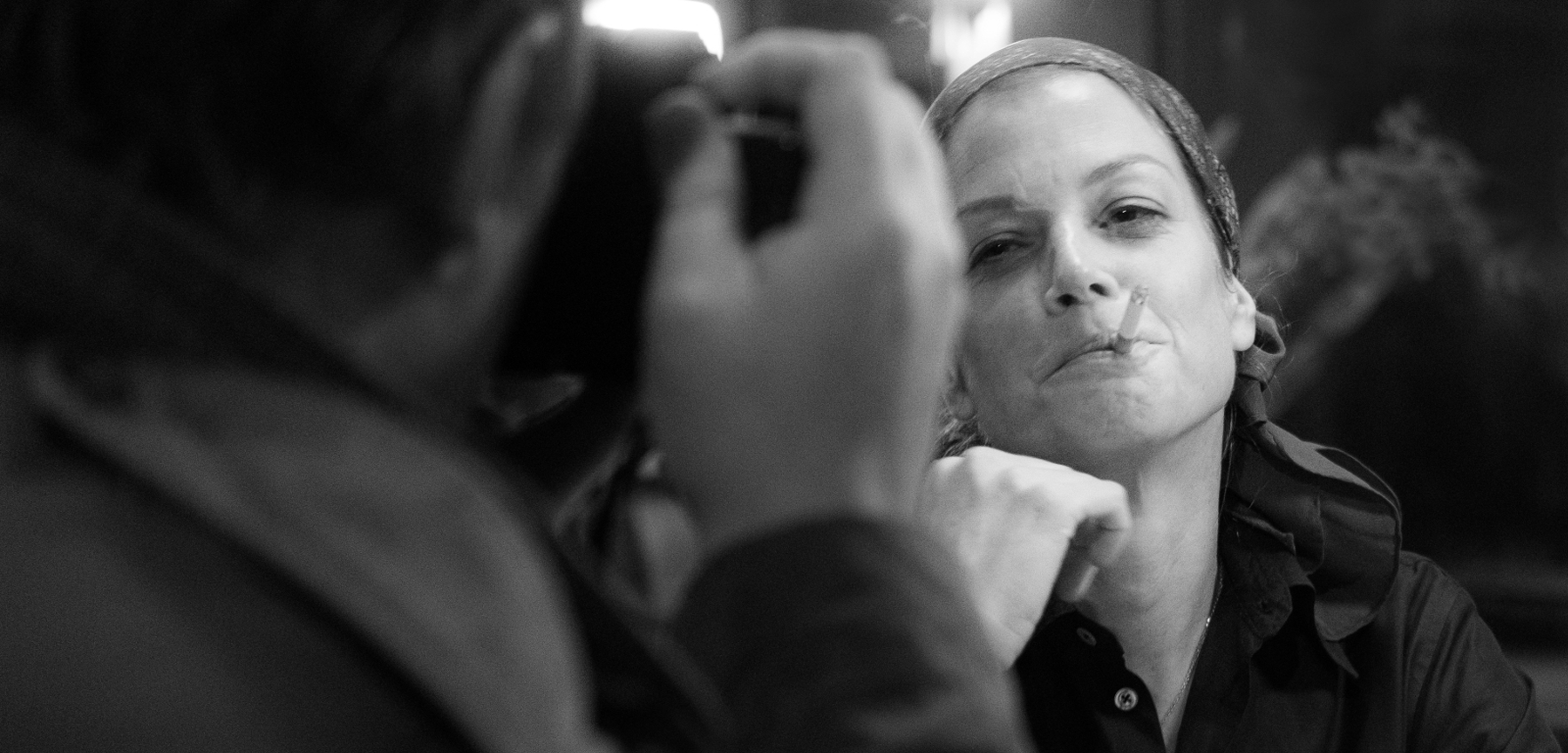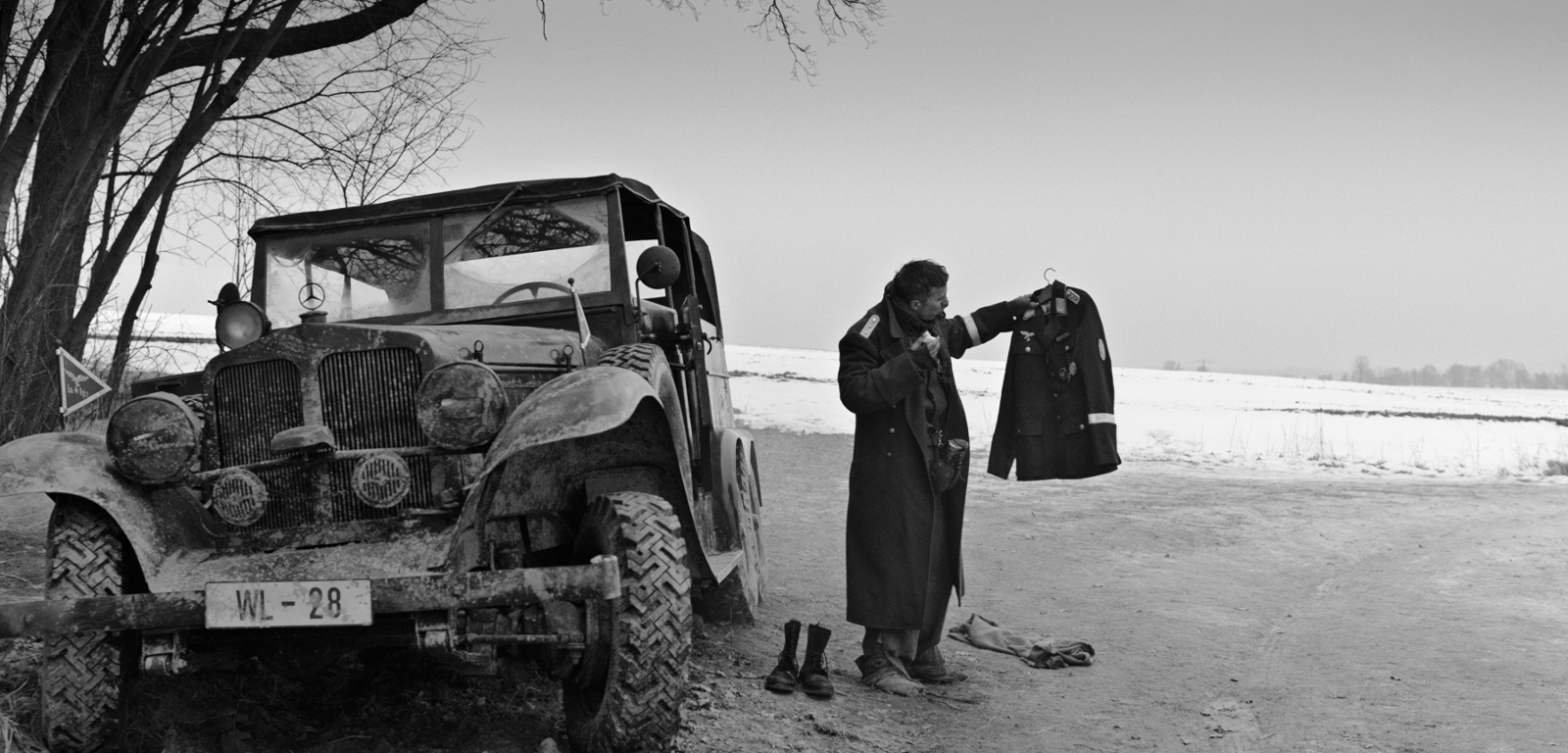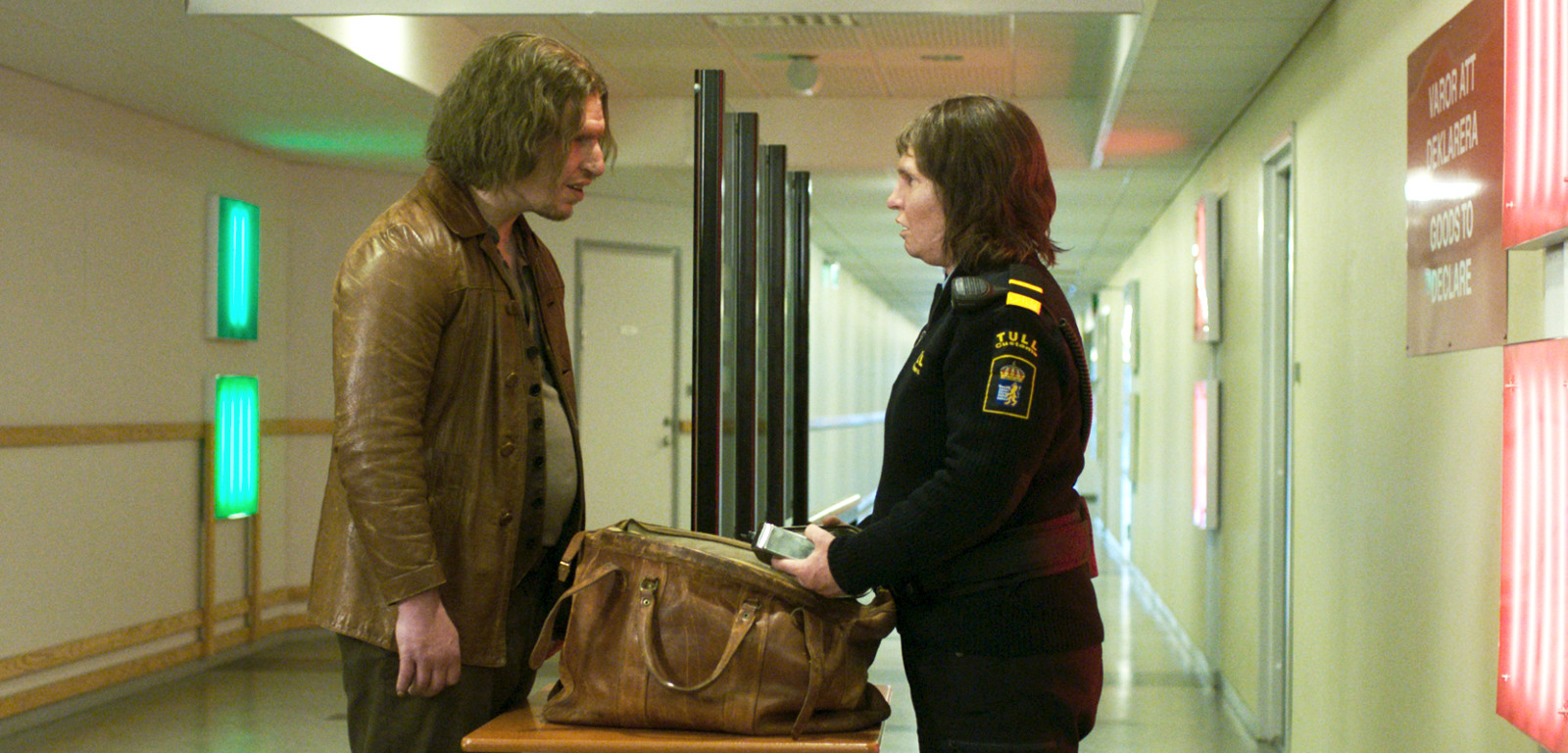TOMADO DE LA WEB DE "La Nación"
ESCRITO POR KIMBERLY HERRERA
Cineclubes: La propuesta que crece y reta a los estrenos comerciales.
Cada vez hay más opciones para disfrutar del cine alternativo, con películas en blanco y negro, de directores independientes y en otros idiomas.
Países como México, Canadá y Colombia, desde la última década, han optado por presentar largometrajes no convencionales (clásicos cinematográficos, cine de autor y cine independiente, entre otros) que capturan la atención aún cuando compiten con estrenos comerciales en cartelera.
En Costa Rica, lugares como el Cine Magaly, Sala Garbo, la Alianza Francesa, la Universidad de Costa Rica (UCR) y el Centro Nacional de Cine se han sumado a esta tendencia con la presentación regular de películas de diferentes culturas, productoras y directores, sin importar si el filme es a color o en blanco y negro.
Estas funciones, que suelen presentarse con un horario predeterminado, se les conoce como clubes de cine y presentan películas que difícilmente se puedan ver en una sala comercial, en televisión por cable y en algunas plataformas como en Netflix (existen excepciones como Filmin y Mubi).
“Creo que hay una saturación de los cines monotemáticos en los cines comerciales y hay un público deseoso de ver otro tipo de cine, entonces diferentes personas que nos encargamos de la gestión cultural nos damos cuenta de que existe este público y empezamos a crear espacios alternativos”, detalló Yoshua Oviedo, programador y curador artístico del proyecto Preámbulo y del ciclo de cine Krinégrafo.
“Hollywood cansa, es decir, es más de lo mismo y hay un público grande que lo consume -yo no lo niego- pero hay otro público al que sí lo cansa; es un público más selecto que espera otro nivel artístico del cine, que espera algo mejor y ese público es el que busca esas otras oportunidades”, agregó William Venegas, programador de Club Magaly y Cinearte Garbo.
Aunque en un inicio los cineclubes no gozaron de popularidad inmediata (a las presentaciones llegaban escasas cinco personas, según relatan los mismos programadores), ahora existen salas que se llenan por completo para disfrutar de estas producciones en programas como Club Magaly, Krinégrafo y Preámbulo.
Estas películas no son para un público determinado, sin embargo, los impulsores de la iniciativa se atreven a decir que en su mayoría son adultos y adultos jóvenes.
“Los clubes de cine han impulsado a que la gente vaya al cine y a que sean más exigentes con el gusto y la educación cinematográfica. De hecho, creo que es un deseo que ya existía y que los cineclubes vinieron a satisfacer: el afán de la gente por ver otro tipo de producciones. Así es como va aumentando la cantidad de personas que disfrutan el cine alternativo”, afirmó Venegas.
Cineforos
De la mano de esta tendencia también se han ido desarrollando los cineforos, espacios que permiten a los espectadores hacer comentarios o plantear preguntas una vez finalizado el largometraje. Además, usualmente los programadores invitan a expertos en cine para ofrecer su análisis de las películas.
“Después de un tiempo, uno se da cuenta de que existe este público capaz de dialogar o reflexionar sobre diferentes temáticas, deseoso de compartir y discutir películas”, añadió Oviedo.
Tanto Oviedo como Venegas coinciden en que estos espacios han fortalecido el diálogo, análisis y comprensión de un cine al que hace tan solo un par de años era de difícil acceso. Ambos aseguran que la experiencia ha fortalecido la cultura cinematográfica.
“No necesariamente la gente deja de ir a los cines comerciales, solamente que amplía sus horizontes y de esa manera se acerca a la historia del cine, a la cultura cinematográfica y a todos los grandes clásicos del cine”, dijo Venegas.
¿Dónde encontrar clubes de cine?
Club Magaly (Cine Magaly): Sábados a la 1 p. m.
Krinégrafo (Sala Garbo): Domingos a las 3 p. m.
Artemisa (Centro cultural Heredia): Jueves a las 6:30 p. m.
Preámbulo (Centro de Cine): De miércoles a Viernes a las 7: p. m.
Club de cine UCR: Miércoles a la 1:30 p. m.
Cine universitario (UCR): Viernes y sábado a las 6:30 p. m.
Viernes cinéfilos (Alianza Francesa): Viernes a las 6 p. m.
Cineterapia (Sala Garbo): Miércoles a las 8 p. m.
Cinearte (Sala Garbo): Lunes a las 7 p. m.









